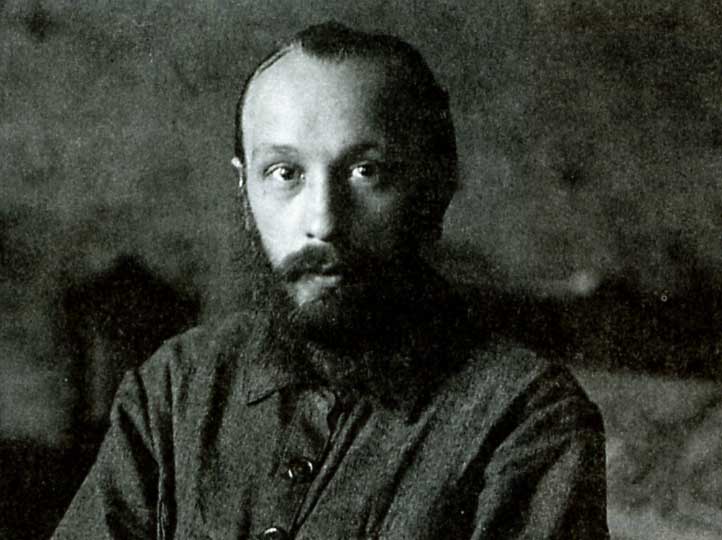 |
| English: Bakhtin in the twenties. Español: Mijaíl Bajtín en los años ’20. (Photo credit: Wikipedia) |
Not everything is meant to be accessible to the public. The definition of “public intellectual” these days seems to be someone associated with a university who is a professional explainer. Someone who can reduce what research they are doing into terms that are immediately and unquestionably valuable to the general public.
This recent post about a podcast pairing comedians and academics shows the danger of limiting this definition of public intellectual. Here we have an interesting idea of smashing up two different ways of talking (and therefore knowing) about the world – comedians and scholars – in order to provide a result of understanding the scholar’s world to the audience. This heteroglossic experiment unfortunately has saddled itself with the burden of a filter – the host decides ahead of time what research is accessible to the audience, and it primarily seems to be hard science. The host is not meeting his or her own obligation of letting the dialogue craft the accessibility. It’s a trick, designed to get the sort of accessibility that he or she wants, even before the languages are allowed to combine, clash and blend.
Mikhail Bakhtin’s idea that one speaks in a language that is permeated with other meanings from the contexts in which is it crafted – polysemy – led him to believe that novels were an amazing environment where you could pit different languages – that is, ways of speaking against one another. This would reveal how different we speak to one another for sure, but more importantly, it would result in some verbal mash-ups that might create new ways of speaking about, and therefore knowing, the social world of human beings. Humans speak differently to different people from different classes and different roles in society. This is what he means when he uses the term heteroglossia. The novel is where we become aware of these different discourses, and we become aware of our ignorance about how language works us over.
Why filter the podcast? Seems like the combination of a scholar and some comedians would work itself out, if Bakhtin is right (he has a few books that you can read if you want him to really prove his case). However, there’s a much more dangerous aspect to this podcast and the way it is set up – the podcast, under the guise of explanation, is an agent of the continuous flattening of explanation and knowledge that we face in our era: The reduction of everything to hard data.
If hard data is most accessible to people, it’s because they are comfortable with the idea of hard data, not necessarily the data. This comfort might not be warranted – any scientist will tell you that data needs a good heuristic in order to be meaningful. A bad heuristic can lead to some bad conclusions – and the heuristic is only as good as one’s knowledge about how the data was collected and in what capacity it is being measured.
The audience needs a dose of discomfort, if ethics mean anything here. That discomfort should come in the form of hearing a humanistic discourse about a contemporary problem, and watching the comedians attempt to address it using their own, inappropriate, language. The result could be a new way of understanding understanding, showing the audience that science and social science is but one way of addressing our problems. There are many ways to confront the questions we face, and some of the best lead to a deep sense of uncertainty. What better way to carefully introduce audiences comfortable with the pleasure of hard-data than through a comedic mash up with scholarly humanistic theories?
Chaim Perelman and Lucie Olbrects-Tyteca offer a check on the speaker, the rhetor, to ensure he or she is being ethical. They call it the Universal Audience. What it is is your imagination crafting the audience you wish to speak to, not the actual audience. You use this created audience as a check against anything you might say in order to avoid pandering to the actual audience – giving them what they want more than what they might need. The Universal Audience has the added side-effect of boosting the quality of actual audiences, providing them not only engaging material presented well, but a bit of a boost in quality, giving them something a bit more complex than they expected. We could think about this as a small puzzle, or a moment of confusion about something they might believe. This, over time, raises the quality of the audience. It also ensures that the person, or people addressing the audience hold themselves accountable for the meanings they are permeating through their rhetoric.
In this case, there’s no universal audience at play. We have pandering to the audience. And as anyone who speaks for a living – such as teachers – can tell you, what you expect your audience to be capable of is often what you get. You get it because you create it. And in this case, we are not going to get public intellectuals. We are going to get audiences comfortable that they know all about things that are probably best left uncertain, or out of reach.